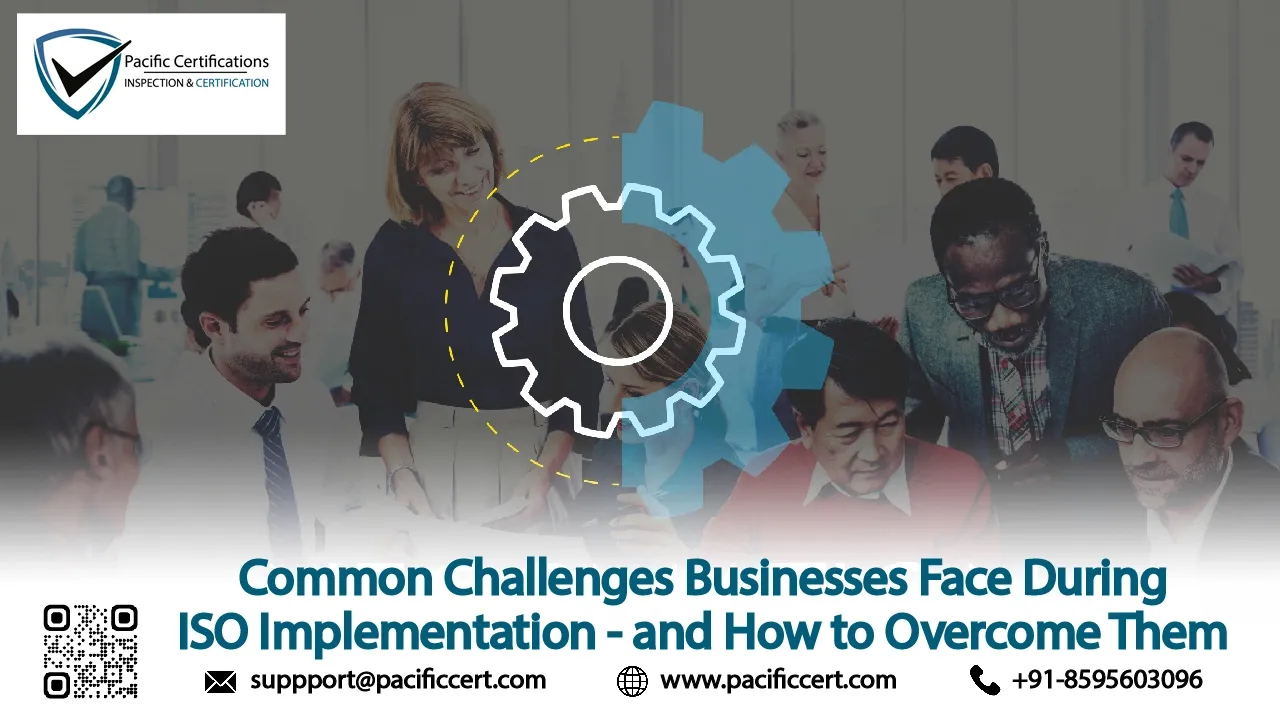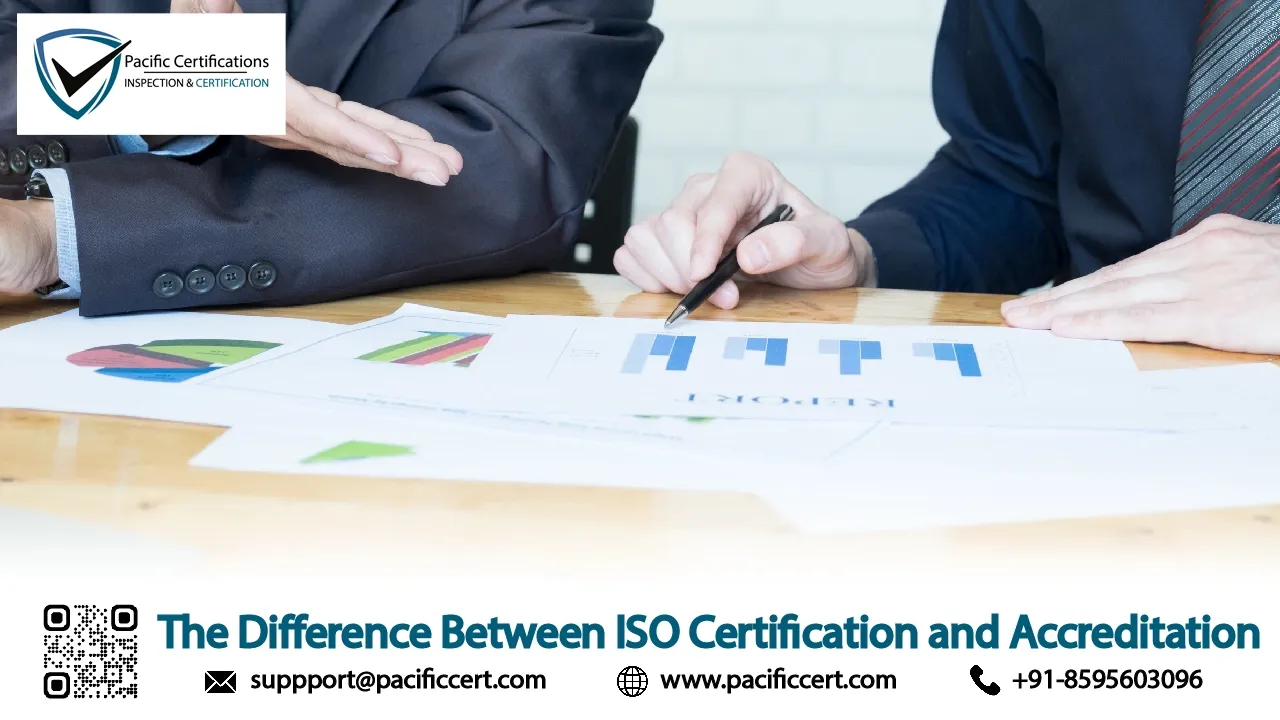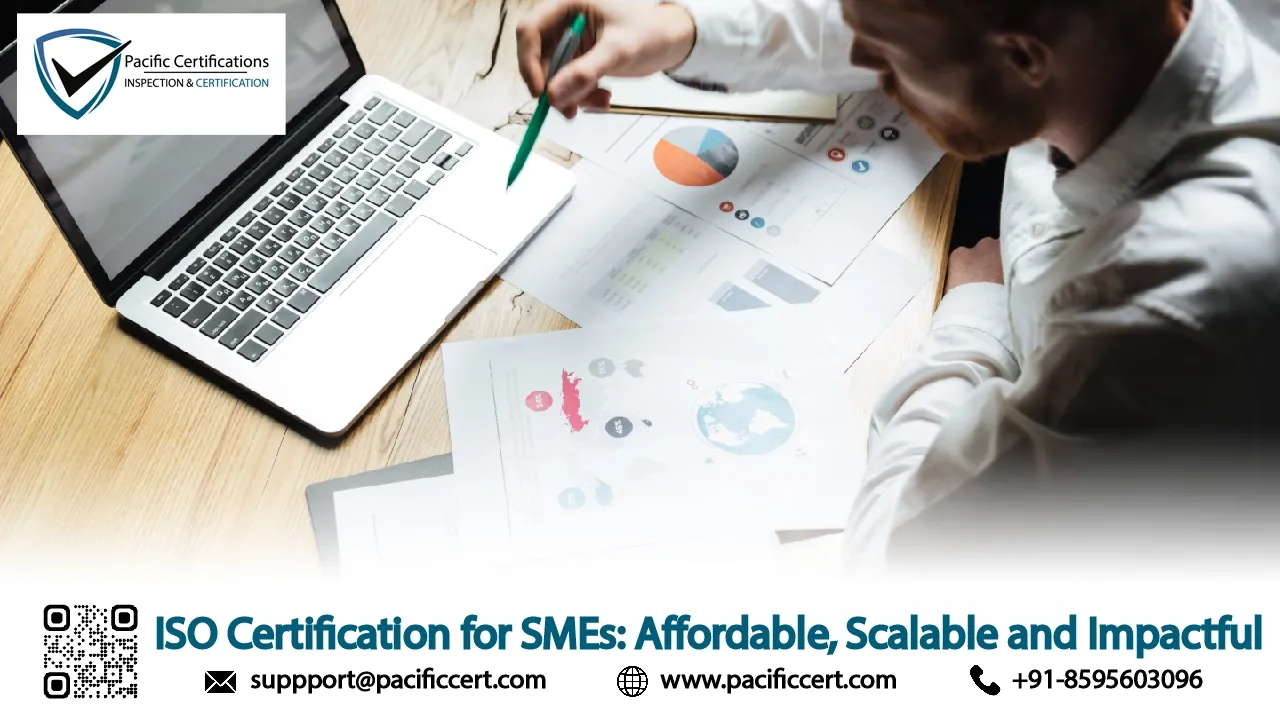
Introduction
Starting a new business is always an exciting venture, but one of the greatest obstacles that startups face is building trust with potential investors. These investors want an assurance that the company would stand behind its promises, attain its targets, and function efficiently. A strong source of establishing this trust is through ISO certification. ISO standards are accepted all over the world and provide evidence that a startup complies with best practices regarding quality, security, environment, and so forth.
Why Investor Trust is Crucial for Startups?
If a potential investor does not trust you, you will not be able to raise money for your startup. They are not going to sit and throw money at anyone who has a half-baked idea and a fancy pitch deck. An investor wants to see evidence, tangible signs that you will not burn their money. The lack of investor trust is a deal-breaker in the rough jungle of startups; however, investor trust extends far beyond just access to capital, as legitimate partnerships, better hiring options, and more deals down the road are within reach. It takes some time to build a mutual trust. You have to earn it by proving you will conduct your business on the up and up. ISO certifications provides that kind of trust to the investors.
How ISO Certifications Strengthen Trust?
Rating ISO certifications are generally accepted as indicators of reliability and professionalism. In other words, these are certifications that prove to investors that your startup, as an organization, meets the international standards concerning quality, security, environment, and workplace safety. For startups, ISO certification is not just a regulatory requirement; it is an assurance of an image of credibility.
- Operational Efficiency: Standards like ISO 9001:2015 for Quality Management Systems demonstrate that a startup has streamlined its operations to deliver consistent results. This builds investor confidence that the company can scale efficiently.
- Risk Mitigation: Certifications such as ISO 27001:2022 for Information Security Management ensure that sensitive data is protected, reducing the risk of cyber threats and reassuring investors that their investments are safe.
- Sustainability and Environmental Impact: With growing investor interest in sustainability, certifications like ISO 14001:2015 show a commitment to reducing the company’s environmental footprint and appeal to eco-conscious investors.
Key ISO Certifications for Startups to Gain Investor Trust
When looking to build investor trust, it’s essential to choose the right ISO certifications. Some of the most important certifications for U.S startups include:
ISO 9001:2015 – Quality Management System (QMS)
ISO 9001 is a globally recognized standard for quality management. It helps organizations of all sizes and sectors to improve their performance, meet customer expectations and demonstrate their commitment to quality. Its requirements define how to establish, implement, maintain, and continually improve a quality management system (QMS). Implementing ISO 9001 means your organization has put in place effective processes and trained staff to deliver flawless products or services time after time.
ISO 27001:2022 – Information Security Management
ISO/IEC 27001 is the world's best-known standard for information security management systems (ISMS). It defines requirements an ISMS must meet. The ISO/IEC 27001 standard provides companies of any size and from all sectors of activity with guidance for establishing, implementing, maintaining and continually improving an information security management system.
Conformity with ISO/IEC 27001 means that an organization or business has put in place a system to manage risks related to the security of data owned or handled by the company, and that this system respects all the best practices and principles enshrined in this International Standard.
ISO 14001:2015 – Environmental Management Systems
ISO 14001 is the internationally recognized standard for environmental management systems (EMS). It provides a framework for organizations to design and implement an EMS, and continually improve their environmental performance. By adhering to this standard, organizations can ensure they are taking proactive measures to minimize their environmental footprint, comply with relevant legal requirements, and achieve their environmental objectives. The framework encompasses various aspects, from resource usage and waste management to monitoring environmental performance and involving stakeholders in environmental commitments
ISO 45001:2018 – Occupational Health and Safety
ISO 45001 is an international standard that specifies requirements for an occupational health and safety (OH&S) management system. It provides a framework for organizations to manage risks and improve OH&S performance. The standard establishes criteria for an OH&S policy, objectives, planning, implementation, operation, auditing and review. Key elements include leadership commitment, worker participation, hazard identification and risk assessment, legal and regulatory compliance, emergency planning, incident investigation and continual improvement
ISO 50001:2018 – Energy Management Systems
ISO 50001 is based on the management system model of continual improvement also used for other well-known standards such as ISO 9001 or ISO 14001. This makes it easier for organizations to integrate energy management into their overall efforts to improve quality and environmental management.
How to Get ISO Certified and Strengthen Your Startup’s Investor Pitch?
Getting ISO certified involves a few essential steps:
- Preparation: Understand the specific ISO certification that suits your startup's needs.
- Internal Assessment: Evaluate your current processes, identify gaps, and ensure compliance with ISO requirements.
- Implementation: Implement the necessary changes and improvements within your organization.
- Audit: Submit to an external audit by an accredited ISO certification body.
- Continuous Improvement: Maintain compliance and continually improve processes to uphold certification.
Once certified, incorporate your ISO achievements into your investor pitch. Highlight the operational efficiencies, risk management improvements, and sustainability efforts that have been made possible through ISO certification. This not only strengthens your credibility but also signals your commitment to continual improvement and long-term growth.
Investor Benefits of ISO Certification for Startups
For investors, the benefits of investing in ISO-certified startups are clear:
- Reduced Risk and Uncertainty: ISO certification guarantees that your startup meets recognized international standards, making it less risky for investors.
- Operational Transparency: Investors appreciate knowing that your startup’s processes are transparent, consistent, and aligned with best practices.
- Scalability and Growth: ISO certifications create a solid foundation for scaling, making it easier for investors to see the long-term potential of your startup.
Conclusion
More than a regulatory requirement, ISO certifications have become the great power that allows U.S startups to build an atmosphere for investor assurance. When the startup seeks certifications like ISO 9001, ISO 27001, and ISO 14001, it is demonstrating to the investor that it places importance on quality, security, sustainability, and operational efficiency. Investors will be convinced the startup is ready to grow and uphold the standards to the best of its ability.
For any startup seeking investment, then obtaining ISO certification must also become a component of their strategy.
Contact Us
If you’re ready to boost your startup’s credibility and attract investors through ISO certification, Pacific Certifications can help. We offer certification services across various ISO standards to ensure your business is meeting global best practices.
For more information, visit our website: www.pacificcert.com
Alternatively, you can reach us by email at: support@pacificcert.com
We look forward to helping you achieve ISO certification and gain the trust of your investors!
Frequently asked questions
Q-1 What is ISO certification, and why does it matter for startups?
ISO certification ensures that a company adheres to internationally recognized standards. For startups, this enhances credibility, operational efficiency, and investor trust.
Q-2 How long does it take to get ISO certified?
The timeline varies but typically takes between 3 to 12 months, depending on the complexity of your startup and the specific ISO certification you pursue.
Q-3 Which ISO certifications are most important for attracting investors?
The most valuable ISO certifications for startups include ISO 9001 (Quality Management), ISO 27001 (Information Security), and ISO 14001 (Environmental Management).
Q-4 Is ISO certification expensive for startups?
Costs vary, but ISO certification is an investment that often pays off by enhancing investor confidence and streamlining operations.
Q-5 Can ISO certifications help improve startup operations?
Yes, ISO certifications improve efficiency, reduce risks, and ensure better management practices, which can lead to long-term growth and success.
Ready to get ISO certified?
Contact Pacific Certifications to begin your certification journey today!
Suggested Certifications –
Read more: Pacific Blogs



